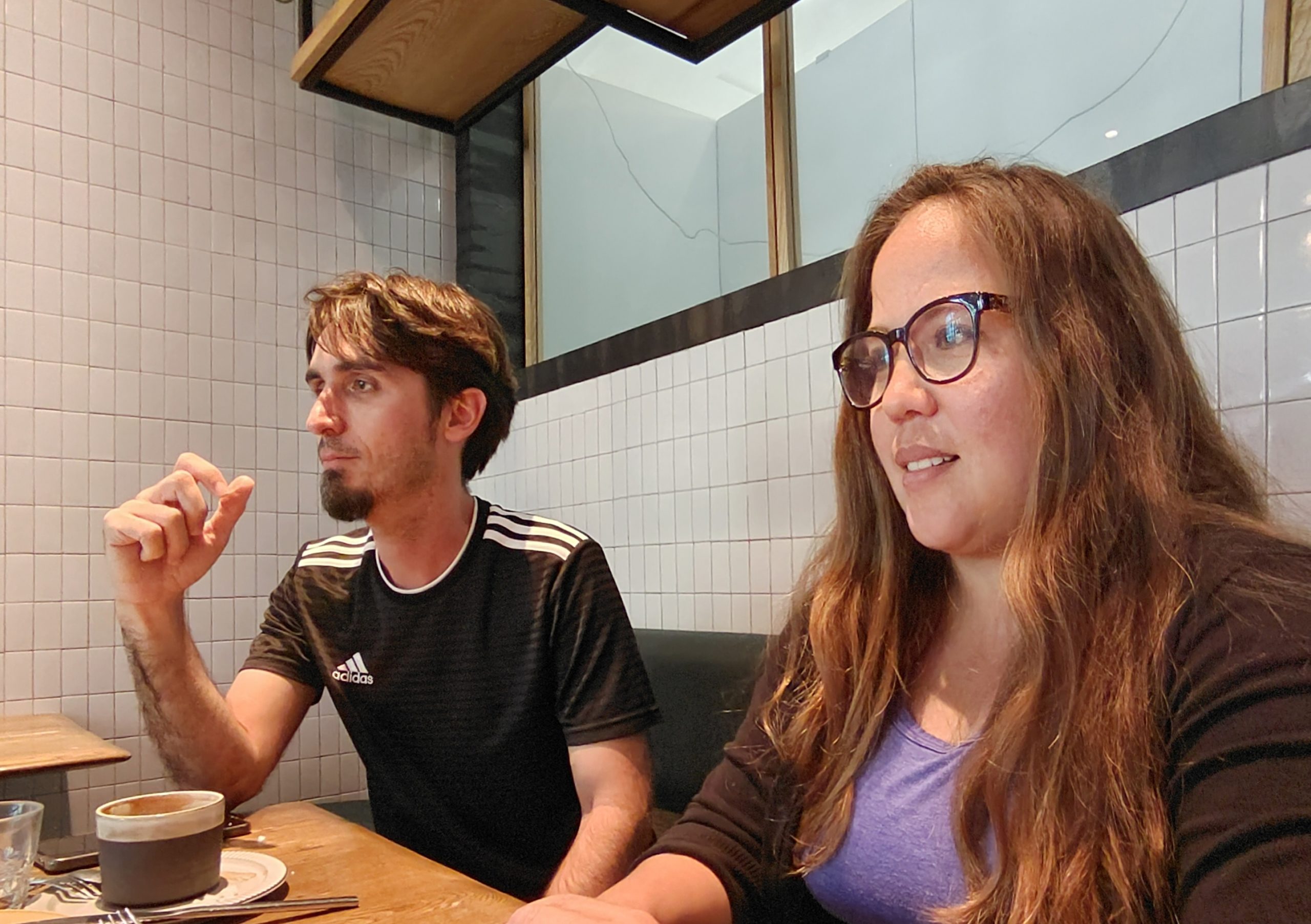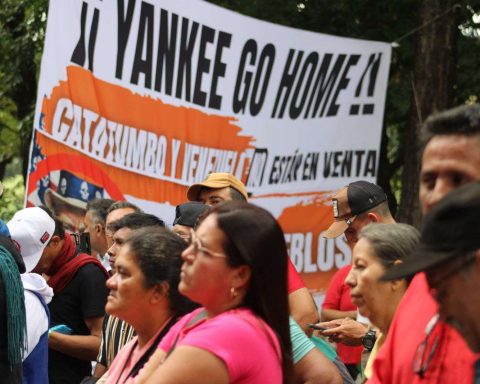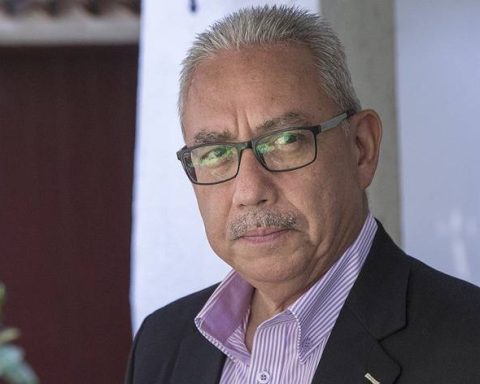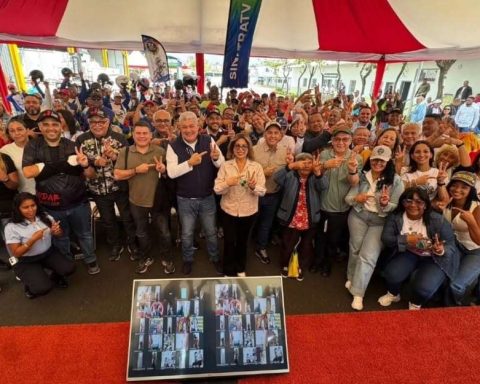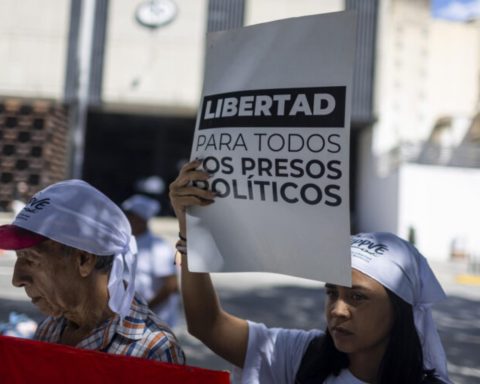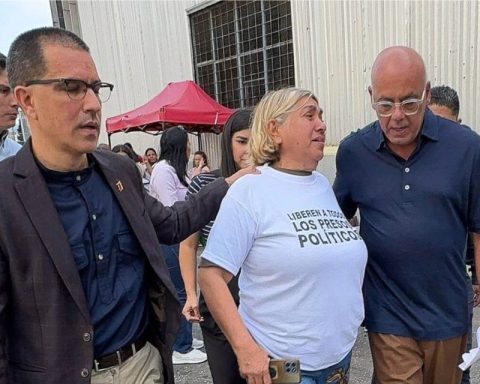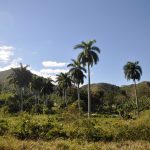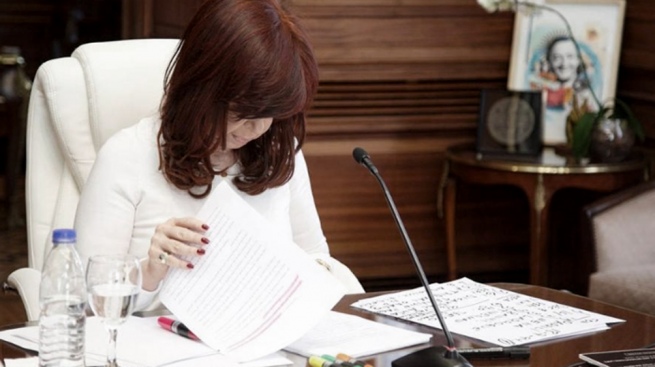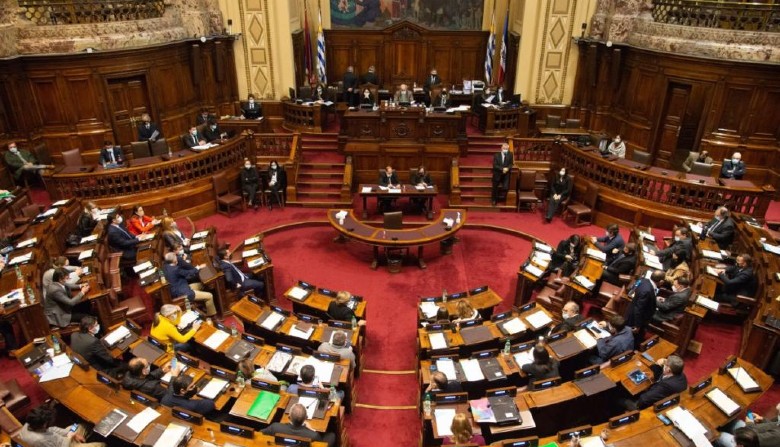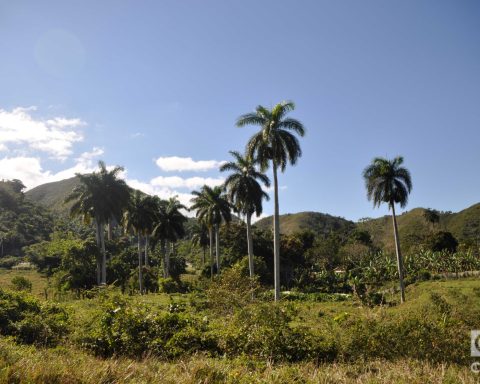The Chinese have become a study machine. Today, most of the young university students of the Asian nation study two or more degrees and handle at least two languages, in one of the most competitive student places on the planet. There, Aymara Gerdel and Jorge Dias, two young Venezuelans, are professors and postgraduate students and have created the Venezuelan Center for China Studies (CVEC).
Aymara is its director, she is a statistician and a professor at the Central University of Venezuela. She has lived and studied in China since 2017 and now as a university professor in that country, she promotes academic exchange and research between the Asian nation, Venezuela and other Latin American countries.
For his part, Jorge is an actuary and is the coordinator of the area of research and international relations of the CVEC. Both are part of a group of young professionals from different branches of knowledge, mostly UCV graduates, who decided to turn their gaze to other latitudes to develop scientific and academic research programs.
“As professionals we have had the concern to investigate China, and other countries such as Russia, India and the Asia and Eurasia region, and the importance they have for Venezuela and for Latin America and the Caribbean. It is an alternative to the pattern with which we have always grown, which is looking towards Europe or looking towards the United States”, says Aymara Gerdel, who assures that the CVEC enjoys autonomy for its research and publications.
Jorge Dias recounts that the first steps of the CVEC were at the China-CELAC Forum in 2017, in the midst of the Bridge to the Future research program, created by Chinese President Xi Jinping. “We participated in the conference for young academics. There we exhibited several works that made us known. Then we were the first research center invited to the China-Latin America Dialogue of Civilizations, which took place that same year”, he commented.
A tireless work drawing bridges
Aymara Gerdel is very good at numbers and statistics. Since 2011, she has been developing research on oil matters and the market diversification policy promoted by President Hugo Chávez. “That was a policy that not only sought business with the United States and Europe, but also with non-traditional partners such as China, and that changed all relations from a geopolitical point of view,” says the researcher.
But the oil issue is only one of the lines of research addressed by the CVEC. As a statistician, Aymara is one of the members of the team who enjoys conducting her studies in the country that has the largest statistical information system in the world (for obvious reasons). With a population of 1.4 billion inhabitants, the statistics handled by the Chinese State are the most appetizing banquet for a professional in this area.
But in addition to this, the CVEC has the first journal of studies on China that has been promoted in Venezuela. The digital publication is called “Estudios sobre China”, a biannual magazine dedicated to research on the relations between China, Latin America and the Caribbean. They also published the book “China and Latin America, A Comprehensive Strategic Association”, whose prologue was written by Professor Xu Shicheng, considered the greatest expert on Latin America and the Caribbean in China. The book can be downloaded from the web https://cvechina.org/
Among other programs developed by the CVEC are the Poetic Readings, a cultural activity in which Latino students recite poetry in Mandarin and Chinese students recite Latin American poetry in Spanish. The first activity of this type was held at the Museum of Fine Arts in Caracas in 2018, and was attended by the Minister of Culture, Ernesto Villegas.
“In total we have done five Poetic Readings. One of them with the University of Economy and Commerce of China, where we are, with young Chinese who study Spanish. More than 40 students participated and won a poem about (Simón) Bolívar”, said Jorge Dias proudly.
The CVEC has other programs such as a podcast in which they deal with current issues between Latin America and China, they have an agreement with the University of Communication of China, another with Renmin University and the launch of their own publishing house is underway, which will be called CVEC editions. The center’s investigators have wasted no time.
Covid-19 investigations: CVEC one step forward
As part of the investigations carried out by the CVEC, in 2020 the professionals of this center carried out a study on the behavior of the virus and its containment by the Chinese health authorities, shortly before Covid-19 was declared a pandemic.
With their minds set on the motto “serve the country in whatever way they can collaborate”, the CVEC researchers put all their efforts into recording the progress of Covid-19. Jorge Dias says that when the infections began, the closure began on the university campuses, so many students and professors fell prey to fear and abandoned their places.
“Many of us said: we are statisticians and actuaries and we have to scientifically understand what is happening in China and obtain beneficial information so that it is understood in Venezuela,” explained the young professor as an argument for staying during the complex situation.
This is how they made several reports on the daily statistics of Covid in China, measuring the impact of the virus on the population from the data. The procedure used was to use the Chinese applications, where they published daily the number of cases by provinces, cities and nationally.
“The work was very practical. We translated the Chinese app data, and in our January 2020 reports we warned that the pandemic was likely to reach Venezuela. The report was published during the first days of February. After the second report, they contacted us from the embassy and asked us to disclose it,” says Dias.
Based on these data and the work carried out by the CVEC, the Venezuelan government had first-hand information to anticipate the arrival of the virus in the country. “Even at some point, Vice President Delcy Rodríguez presented one of our interactive maps,” said the researcher.
The young people of the CVEC say that this scientific research demonstrates once again that university research spaces are spaces that must be taken into account, but they are aware that in the Venezuelan reality, universities have taken political and not scientific positions.
With the university we have run into
Aymara and Jorge love the UCV, where they are distance learning teachers and where they also trained as professionals. But they feel very frustrated when they find themselves with the bureaucracy that prevails in this house of studies to carry out strategic projects that are based on acquired commitments.
“Chinese universities have many cooperation agreements with several Latin American universities. At the time of him, President Chávez, in 1999, during his first official visit to China, established an agreement between the UCV and Renmin University, but nothing has been done”, explains Aymara Gerdel.
It maintains that although the agreement is signed between the parties, no project has been presented by our highest house of studies to validate the agreement and, on the contrary, the requests that the CVEC have made to materialize it have been rejected.
“The agreements include exchange of scholarships, professors, joint research, but what has been developed has not had a greater projection,” adds Gerdel, who explains that there is an agreement that is being fulfilled between Chinese universities, the Simón Rodríguez Experimental University and the Bolivarian University. from Venezuela.
With the intact dream of leaving the name of our country high, CVEC professionals continue to promote the paths of a multipolar world and apply exact sciences for them. A dream of integration and complementarity that the world needs with increasing urgency.
